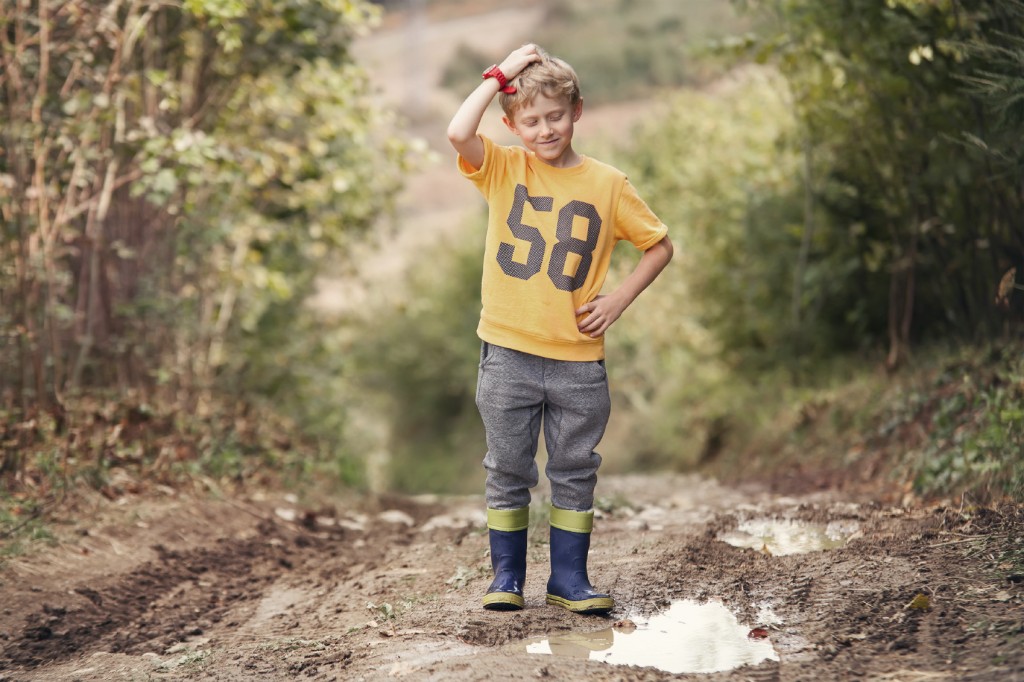Want to instill better coping skills and problem-solving abilities in your kids? The key might be encouraging them to reminisce and share stories about their day.
There’s a link between the ability to recall memories from daily life and important competencies. According to Robyn Fivush, a psychology professor at Emory University in Atlanta and an author of dozens of studies on the topic, “Our personal memories define who we are. They bond us together.”
Kids who can remember and interpret events from their early childhood benefit. These kids “better develop a sense of identity, form relationships, and make sound choices in adolescence and adulthood,” Sue Shellenbarger, columnist Wall Street Journal.
• Memories help create a sense of identity.
Kids remember difficult situations that they survived and they grow stronger. Remembering how the Lord met needs or how scripture ministered specifically to a need is a reminder of who they are in Christ.
• Memories can help guide behavior.
By remembering past mistakes, better decisions can be made. Remembering the “consequences” of crossing an established boundary will encourage a child to stay within that boundary in the future.
• Memories bond us to others.
Pleasant memories motivate us to maintain close family ties.
Parents contribute a great deal to their child’s ability to remember events from their early lives. Parents also determine how those memories are interpreted. Encourage your kids to talk about an event very soon rather than waiting until it is more difficult to remember.
Ask questions and encourage your child to contribute to the ‘story.’ Asking open-ended questions is helpful. Who, what, where, when, why? Or asking the child to simply – “tell me more….” Avoid asking questions that have a one-word answers – questions like, “Did you have fun?”
It is true that – home is where your story begins. And it’s also where valuable memories are made.
You can hear John and Kendra’s interview on Austin Hill in the Morning below:






















